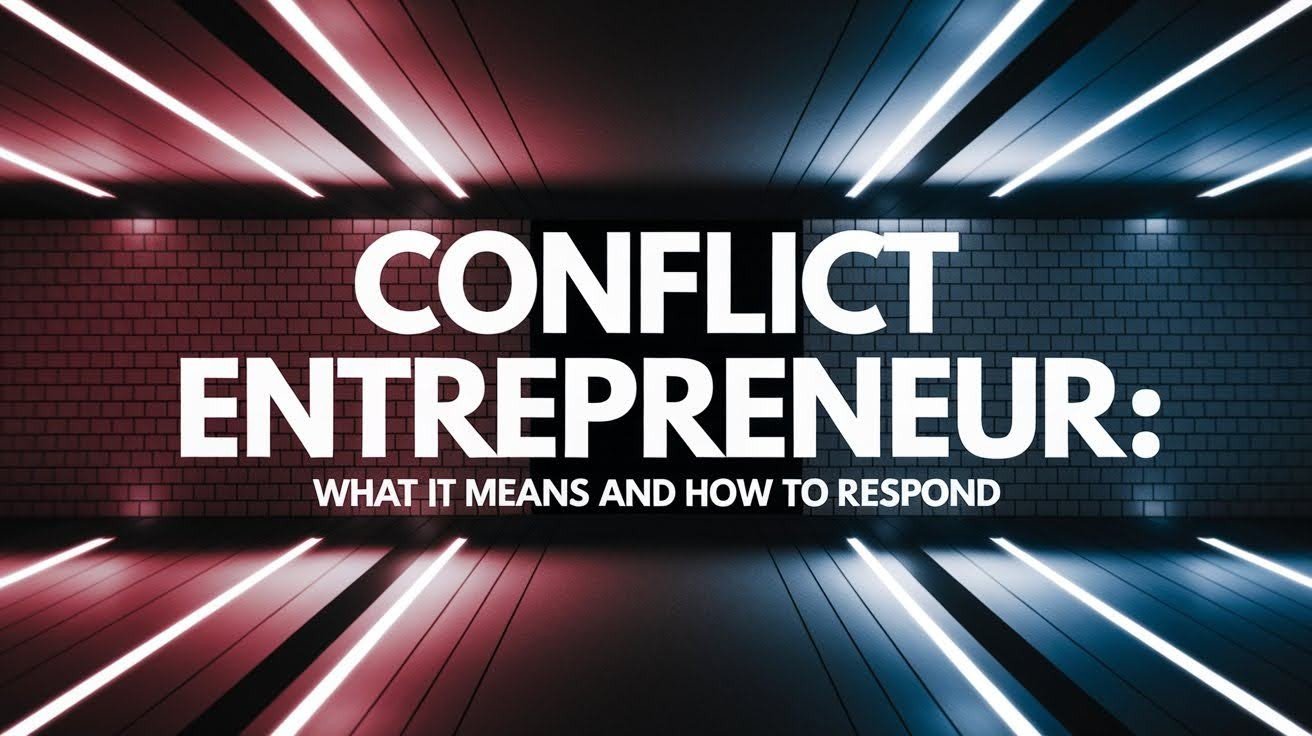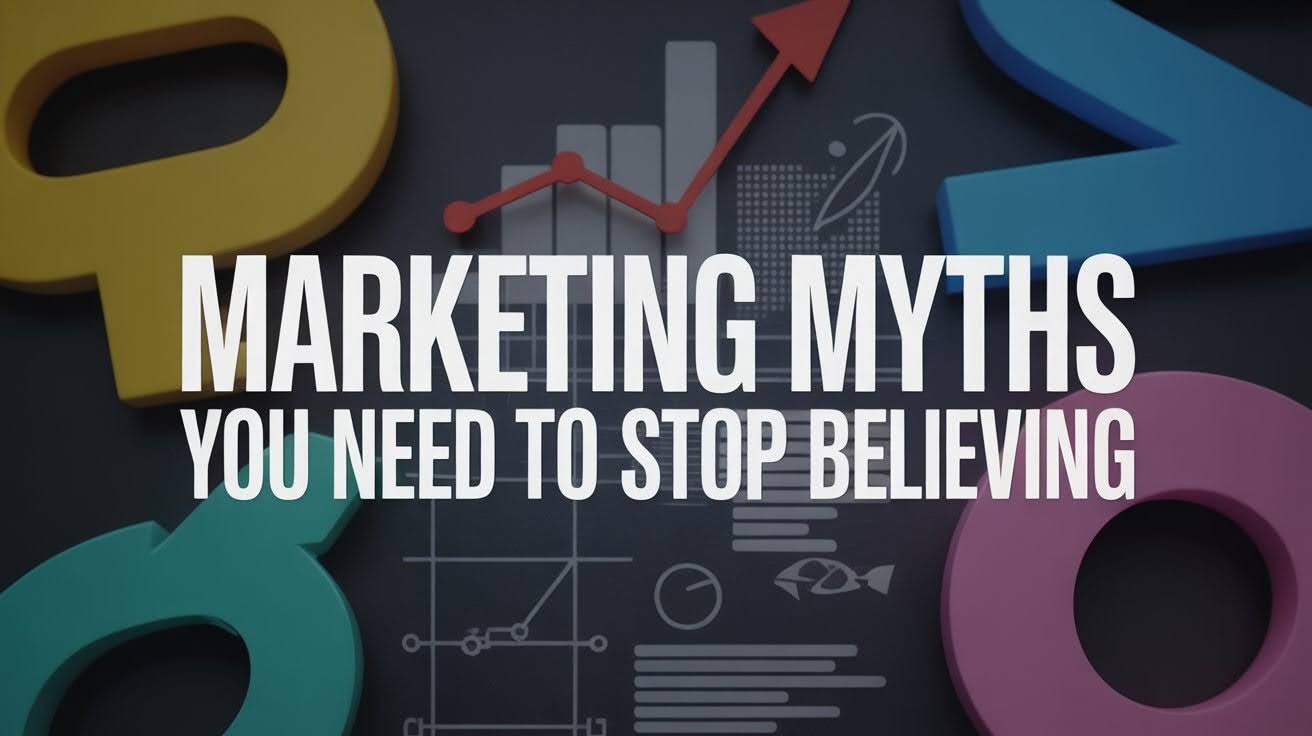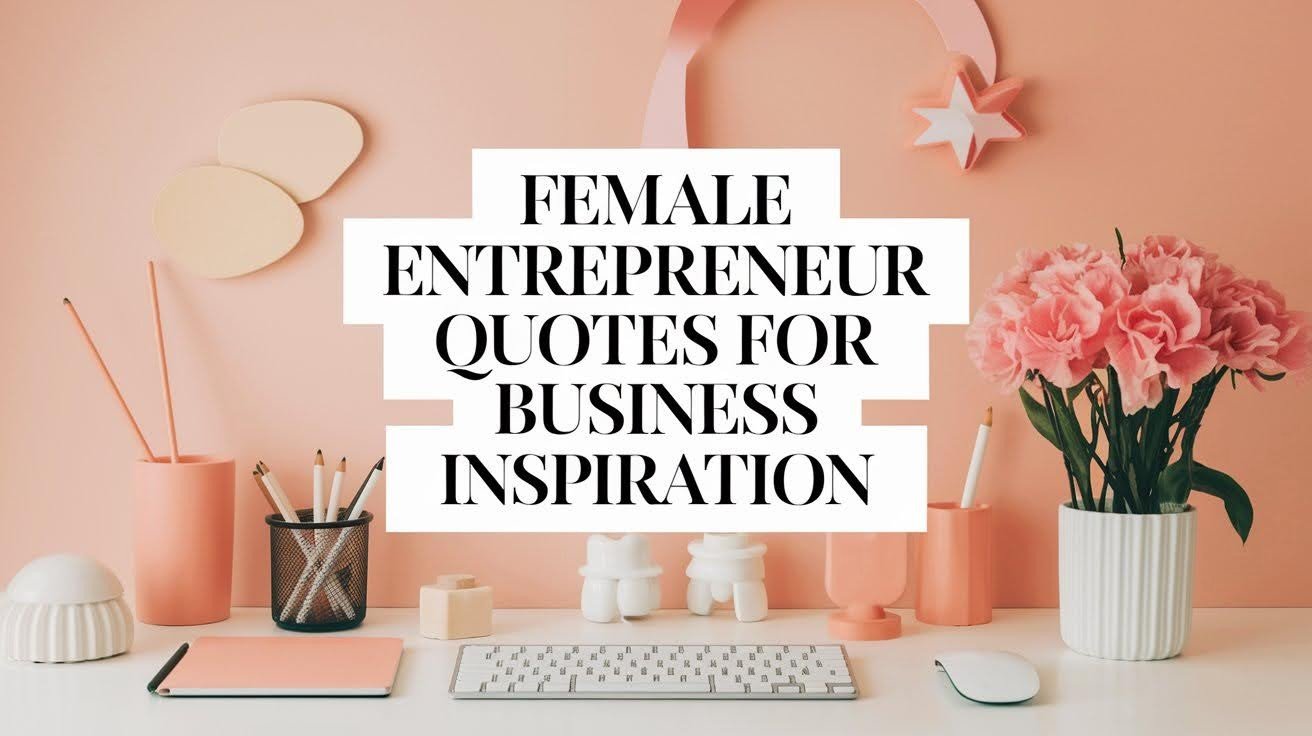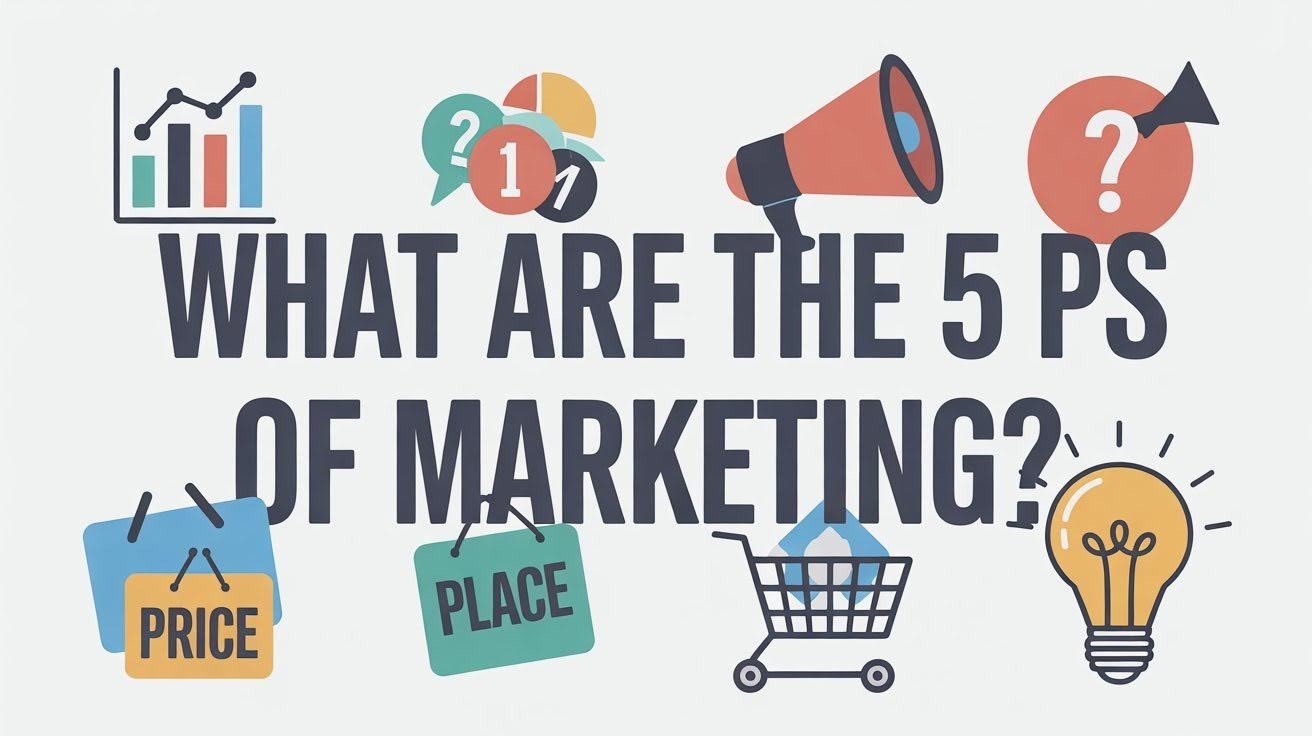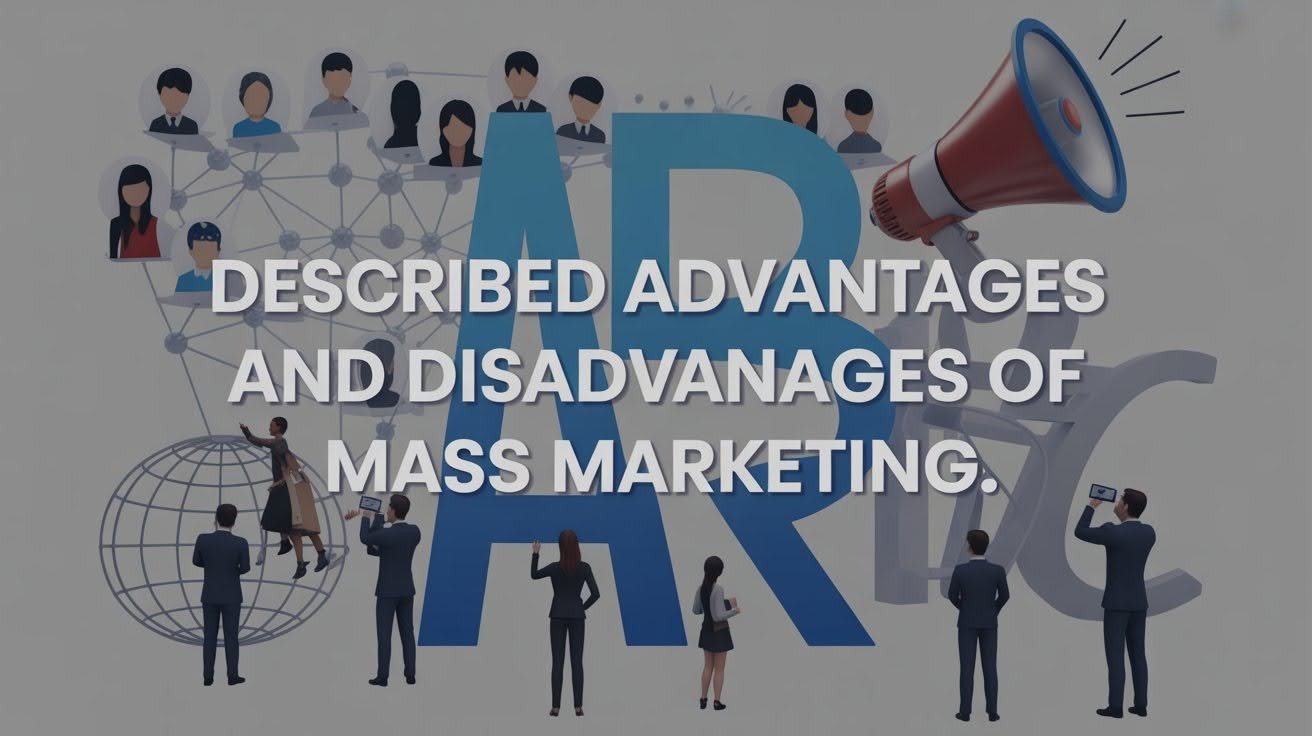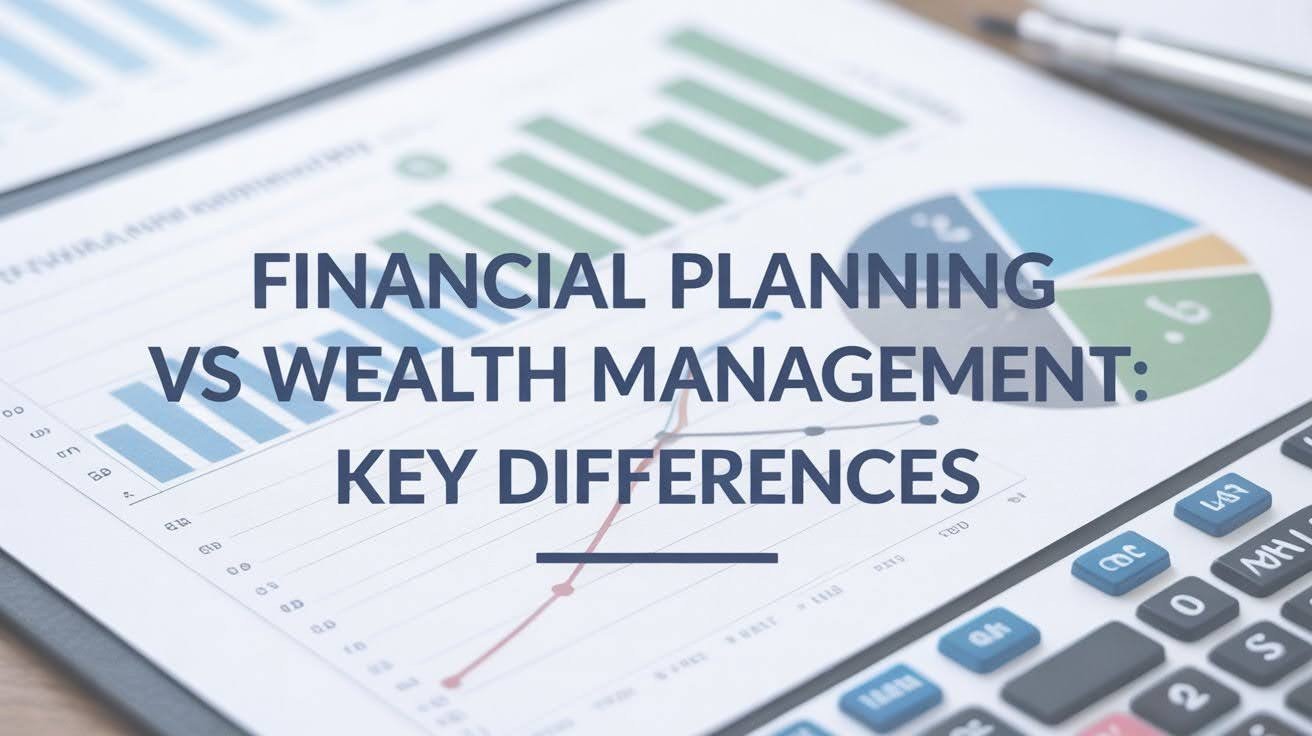Have you noticed how drama and division seem to energize some people? Entrepreneurs exploit disorders for profit; they exist online as well as offline. The exhausting part? They’re everywhere.
Experience tells me this: you have the power to see them plus end it. I’ll show to you how conflict entrepreneurs operate and exactly what one is in this article.
Practical steps that are needed for protecting yourself, the tactics they use, and the ways they impact your relationships will be learned. Understanding this changes everything.
What Is a Conflict Entrepreneur?

A conflict entrepreneur is someone who profits from division. They gain influence by keeping people angry and divided. Think of them as people who throw gasoline on fires instead of putting them out.
They can be media personalities. Politicians. Social media influencers. Even that coworker who always stirs up drama. They treat conflict like a business. More outrage equals more followers, clicks, and power.
Amanda Ripley coined this phrase in her book “High Conflict: Why We Get Trapped and How We Get Out.” She found certain people deliberately escalate tension for personal gain. The term gives us language for something we’ve all experienced but couldn’t quite describe.
How Conflict Entrepreneurs Operate
They use psychological triggers to keep you hooked and angry.
Emotional Manipulation and Outrage Economy: Here’s something wild: anger spreads six times faster than other emotions online.
Conflict entrepreneurs know this. They craft content designed to make you furious.
Social media algorithms reward this behavior. Posts that trigger strong emotions get more engagement. More engagement means more money and influence.
It’s not accidental. It’s calculated.
Common Tactics They Use:
Watch for these red flags:
- Oversimplifying everything. Complex issues get squeezed into good versus evil narratives. Nuance disappears.
- Stereotyping relentlessly. They paint entire groups with one brush. Everyone becomes a caricature.
- Exploiting your tribal instincts. They know you want to belong. They offer you an enemy to unite against.
- Using divisive language constantly. Every sentence screams “us versus them.” You’re either with them or against them.
- Feeding confirmation bias. They tell you exactly what you already believe. It feels good, so you come back for more.
- Spreading misinformation deliberately. They twist facts or share misleading content to keep tensions high and audiences engaged.
- Creating false urgency. They make every issue feel like an immediate crisis that demands your outraged response right now.
These tactics work because they hijack your psychology.
Where You Might Encounter Conflict Entrepreneurs
They show up in surprising places, not just where you’d expect.
In Media and Politics
Social media personalities build entire careers on outrage.
Political commentators pick sides and attack relentlessly. They don’t want solutions. They want ratings.
Some politicians learned that polarization wins elections. Unity doesn’t trend on Twitter.
These figures need you to be angry to stay relevant.
In Personal and Professional Circles
Your workplace has them too.
That person who always gossips? Who turns small disagreements into department wars? That’s conflict entrepreneurship on a smaller scale.
Families have members who thrive on drama. Every holiday gathering becomes a battlefield.
Community groups split apart because someone keeps stirring the pot.
The scale is different, but the pattern is the same.
In Religious or Cultural Contexts
Russell Moore wrote about conflict entrepreneurs in churches.
He noticed how some people use moral language to create division. They claim the high ground while tearing communities apart.
Faith communities should unite people. But conflict entrepreneurs weaponize beliefs to gain control.
Cultural movements face this too. People who care more about being right than building bridges.
The Impact of Conflict Entrepreneurs
They leave damage in their wake, affecting both society and individuals.
Trust evaporates between groups. People stop seeing each other as human. Everyone becomes a stereotype or enemy. Polarization deepens until we can’t talk to anyone who thinks differently.
Democracy struggles when citizens can’t communicate. Misinformation spreads faster because outrage content gets shared more. We lose the ability to solve real problems together.
You feel it personally too. Emotional exhaustion sets in from constant outrage. Your nervous system stays on high alert.
Cynicism replaces hope. You start believing everyone has bad motives. Relationships crack under pressure.
Friendships end over political posts. Your mental health suffers. Anxiety and anger become your baseline emotions. The cost is real and personal.
How to Respond to Conflict Entrepreneurs
You have more power than you think to break these patterns.
1. Practice Curiosity Over Judgment

When someone posts something that makes you angry, pause.
Ask yourself: What might I be missing here?
Michael Ashford teaches the “ASK then SEE” approach. Ask questions before making assumptions. Seek to understand before you judge.
Try asking: “What led you to that conclusion?” or “Can you help me understand your perspective?”
Curiosity disarms conflict. It stops the cycle.
2. Examine Your Own Role

Here’s an uncomfortable question: Are you accidentally acting like a conflict entrepreneur?
Do you share outrage posts without checking facts? Do you gossip about coworkers? Do you enjoy being right more than finding truth?
Dan Harris puts it simply: “Don’t be one yourself.”
Check your motivations. Are you trying to understand or trying to win?
Be honest about your own role in the conflict cycle.
3. Stay Connected Across Differences

Keep people in your life who think differently than you.
Real relationships across divides make conflict entrepreneurship harder to sustain. When you know actual people from “the other side,” stereotypes break down.
Listen more than you debate. Understanding doesn’t mean agreeing.
Seek common ground without abandoning your values.
4. Withdraw Attention and Engagement

Stop funding conflict entrepreneurs with your attention.
Don’t click. Don’t comment. Don’t share.
Every engagement tells algorithms to show you more outrage content. You’re voting with your attention.
Unfollow accounts that consistently make you angry or anxious.
Follow creators who encourage nuance instead. People who admit complexity. Who shows empathy across lines.
Your attention is currency. Spend it wisely.
Healthy Conflict vs. Conflict Entrepreneurship
Not all disagreement is bad, learning the difference matters.
|
Healthy Conflict |
Conflict Entrepreneurship |
|
Seeks truth or solutions |
Seeks attention or dominance |
|
People disagree to find better answers |
People disagree to win followers |
|
Involves listening and understanding |
Involves performing for an audience |
|
Makes relationships stronger |
Destroys relationships |
|
Focuses on solving problems |
Focuses on creating drama |
Conclusion
I recently unfollowed three accounts because they had left me feeling fuming each day, and in all honesty, my mornings feel lighter now.
That same peace that you do deserve. Hit unfollow, start small with one conflict entrepreneur whose posts drain you, also replace them with a voice that builds you up instead of tearing things down.
Precious is your mental space. Identify the account you plan to remove today.
Leave behind some sort of comment down below so as to share all of your thoughts. Our feeds and also our calm should be reclaimed, so let’s cheer.
Frequently Asked Questions
What makes someone a conflict entrepreneur?
Someone who deliberately fuels division to gain power, money, or influence. They profit when people stay angry and divided.
How do conflict entrepreneurs differ from people who just disagree?
Healthy disagreement seeks solutions through listening. Conflict entrepreneurs seek attention and dominance by performing for audiences.
Can conflict entrepreneurs exist in personal relationships?
Yes, they appear in families, workplaces, and communities. They consistently stir up drama or turn small disagreements into major conflicts.
How do I stop engaging with conflict entrepreneurs online?
Unfollow accounts that trigger outrage. Stop clicking, commenting, or sharing their content. Follow creators who encourage thoughtful dialogue instead.
What is the “ASK then SEE” approach?
Ask questions before making assumptions. When something triggers you, pause and seek to understand the other perspective before reacting emotionally.


